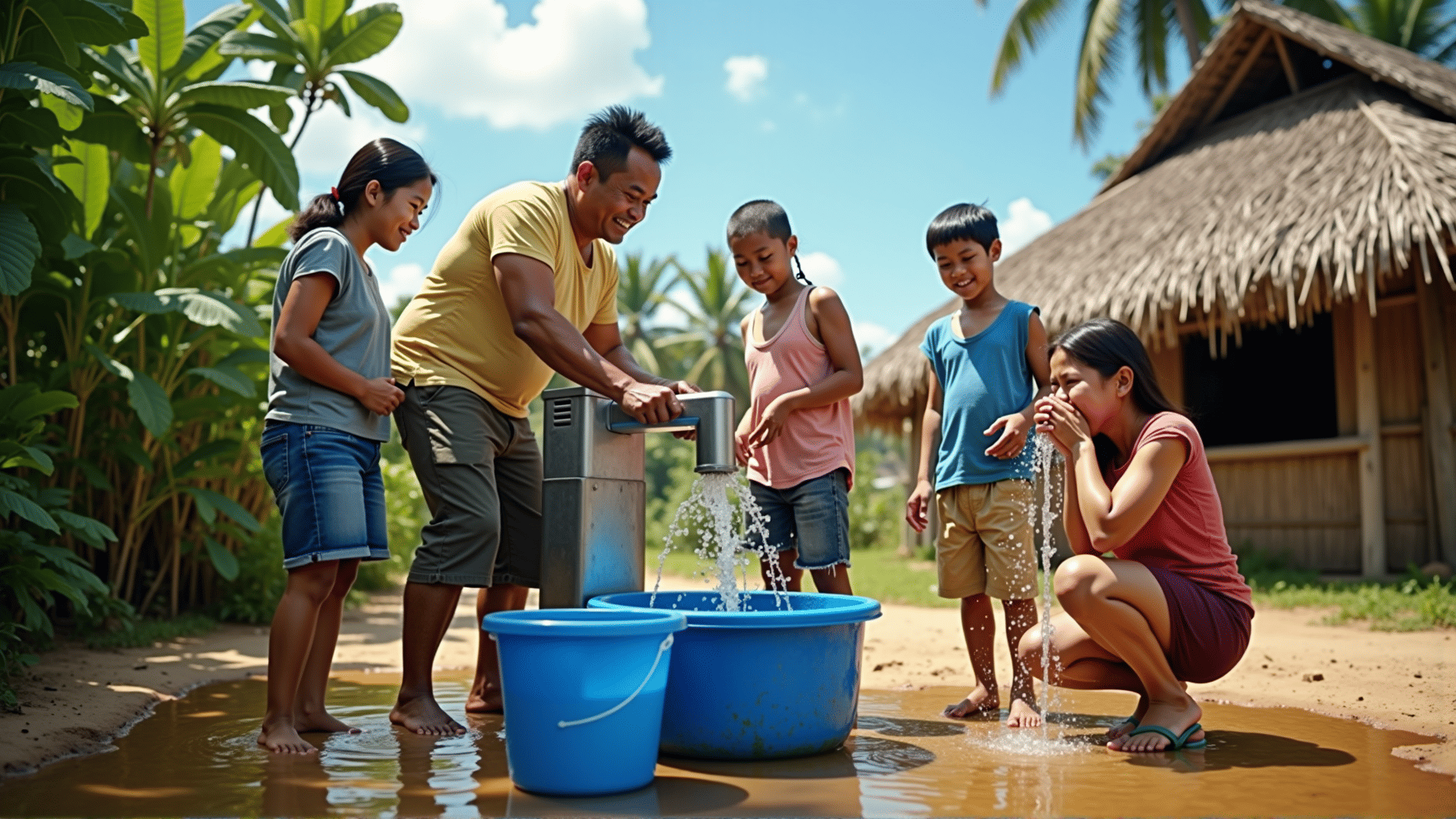Access to safe and clean water is fundamental for the health and well-being of communities worldwide. This precious resource sustains life, supports agriculture, and is essential for sanitation and hygiene. To ensure every community member can enjoy the benefits of clean water, a variety of initiatives are being implemented globally.
One major focus is infrastructure development. Many regions still rely on outdated or insufficient water systems that fail to provide reliable and contaminant-free water. Investing in modern water treatment facilities, upgrading pipelines, and implementing efficient distribution systems can significantly enhance water quality.
Education also plays a crucial role in these initiatives. By informing communities about the importance of maintaining water sources and the benefits of proper sanitation, individuals are empowered to take an active role in preserving their resources. Educational programs often cover topics such as water conservation techniques, the impact of pollution, and methods to purify water at home.
Another strategy involves the preservation of natural water sources. Protecting watersheds, rivers, and lakes from pollution and overuse is vital. Environmental protection measures, such as limiting industrial discharges, reducing agricultural runoff, and promoting sustainable practices, help maintain clean water supplies.
Additionally, technological innovations are transforming how communities approach water challenges. Solutions such as solar-powered water purifiers, rainwater harvesting systems, and portable filtration units offer practical and accessible means for obtaining clean water, particularly in remote or under-resourced areas.
Local governments, non-governmental organizations, and community groups often collaborate to address water access challenges. By working together, these entities can pool resources, share expertise, and create lasting solutions tailored to the specific needs of each community.
Finally, the importance of community engagement cannot be overstated. By involving local populations in the planning and implementation of water initiatives, projects are more likely to succeed and deliver long-lasting benefits. Community members who are actively engaged in these efforts tend to take greater responsibility for the maintenance and conservation of their water supplies.
To realize the vision of universal access to clean water, a multifaceted approach is necessary. By combining infrastructure improvements, education, environmental stewardship, and technological innovation, communities can ensure a healthier and more sustainable future for all.
